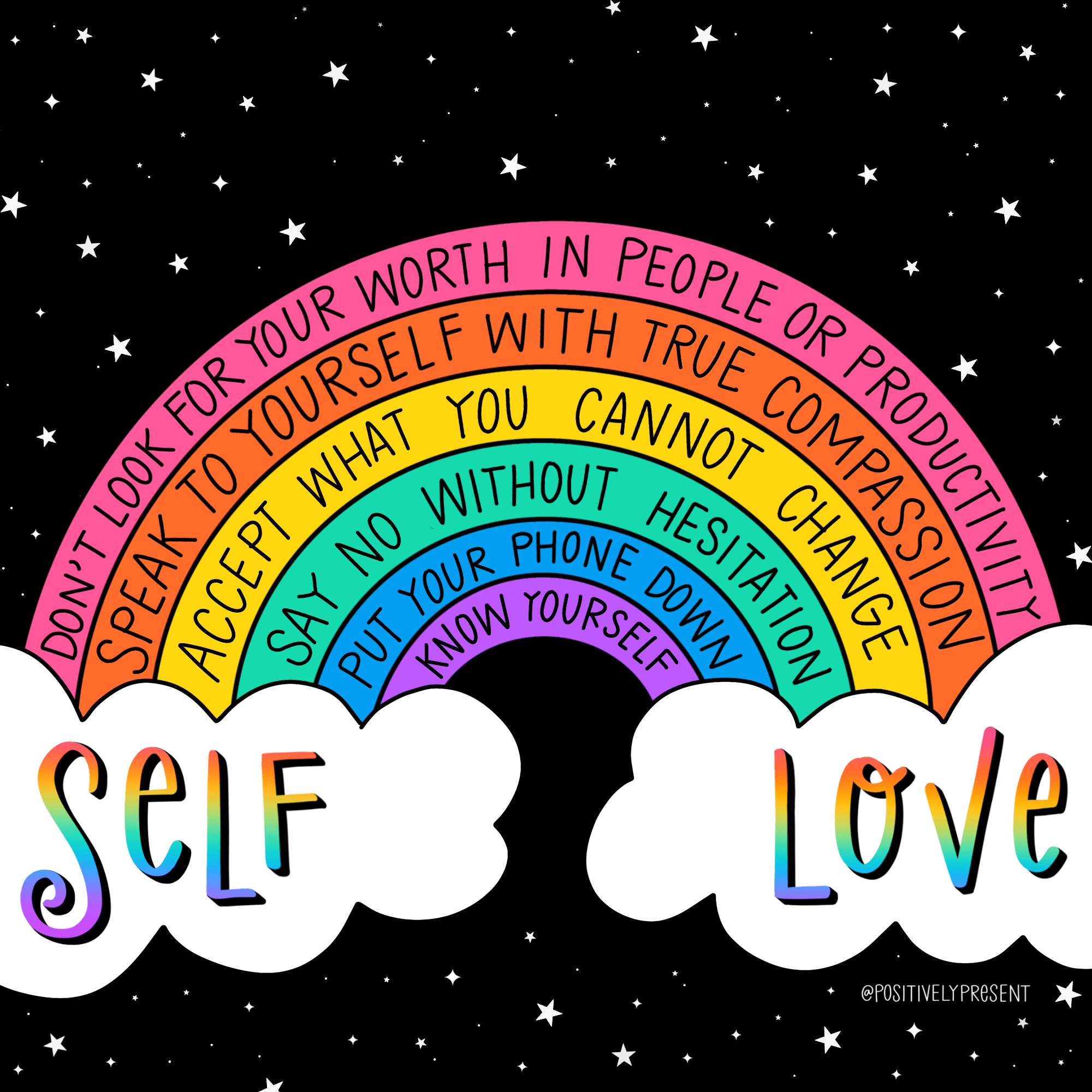Most people who try sobering up fail many times before recovering fully from drugs and alcohol. This may be discouraging, but it doesn’t mean failure. Instead, familiarize yourself with signs of relapse, and you’ll have a better chance of avoiding them.
Major Relapse Triggers and How To Cope With Them
Undiagnosed Mental Illness

Mental illness is a leading cause of alcohol and drug addiction. People with depression, anxiety, and post-traumatic problems tend to find solace in drugs and substances. If these conditions aren’t addressed during treatment, a person will still get back to drinking. Ensure you get therapy from psychiatrists and therapists.
Sleep Deprivation

Lack of enough sleep leads to exhaustion, which impairs impulse control. Studies show that people treated for insomnia are unlikely to relapse. If you have problems with sleeping, seek medical care.
Places

Entering bars, casinos, strip clubs, and liquor stores can lead to a relapse. Stay away from places associated with your alcohol or drug addiction. The impacts of dependence on the human mind are so far-reaching that a small thing can make a person go back to drinking. If you take alcohol and drugs at home, do away with your bar section, and throw away empty bottles.
Stress
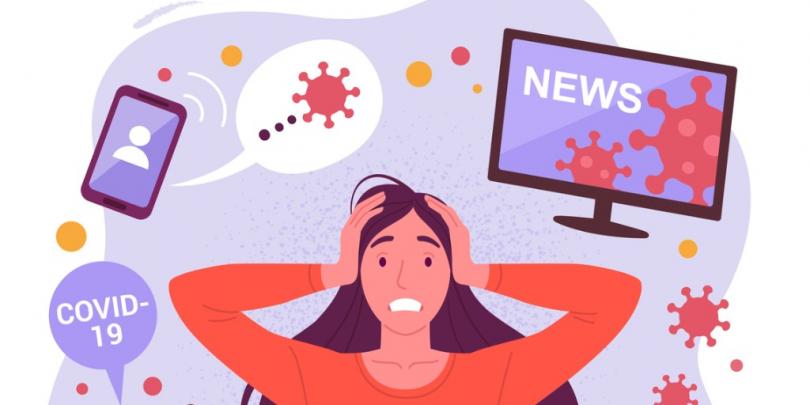
Stress is common, and it’s one of the significant relapse triggers. Addiction may lead to breakup or job loss, which may subject a person to stress during recovery. Engage in activities that bring you joy, and avoid self-medication since it will only worsen your current condition.
Withdrawal Period
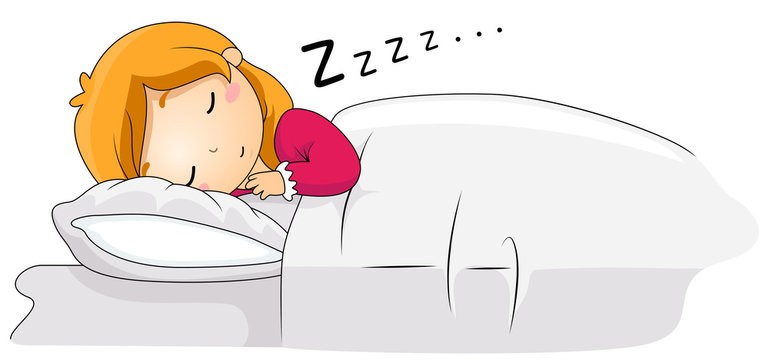
Most people fear withdrawal symptoms within the first days of stopping drugs and alcohol; thus, they continue drinking. The common withdrawal symptoms are nausea, insomnia, vomiting, and diarrhea, among others. Therefore, it is advisable to seek detox care under professional supervision here https://impactrecoverycenter.net/.
Isolation
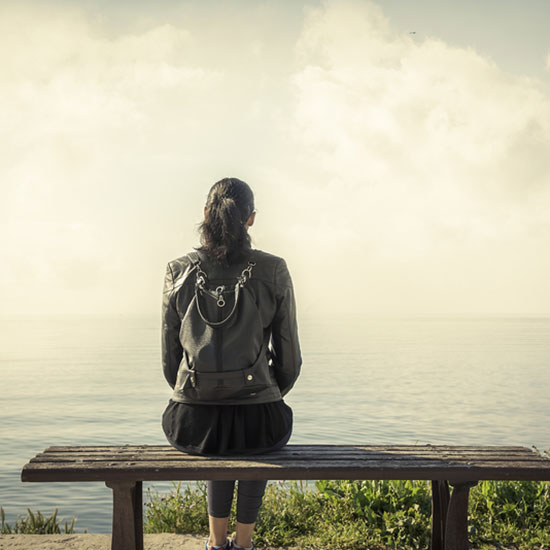
Most individuals relapse during recovery due to isolation and boredom. During addiction, addicts use their time drinking. People new to sobriety find lots of time doing nothing may lead to relapse. It’s best to keep yourself busy throughout the day by taking up new hobbies, cooking, exercising, or going back to work.
Overconfidence
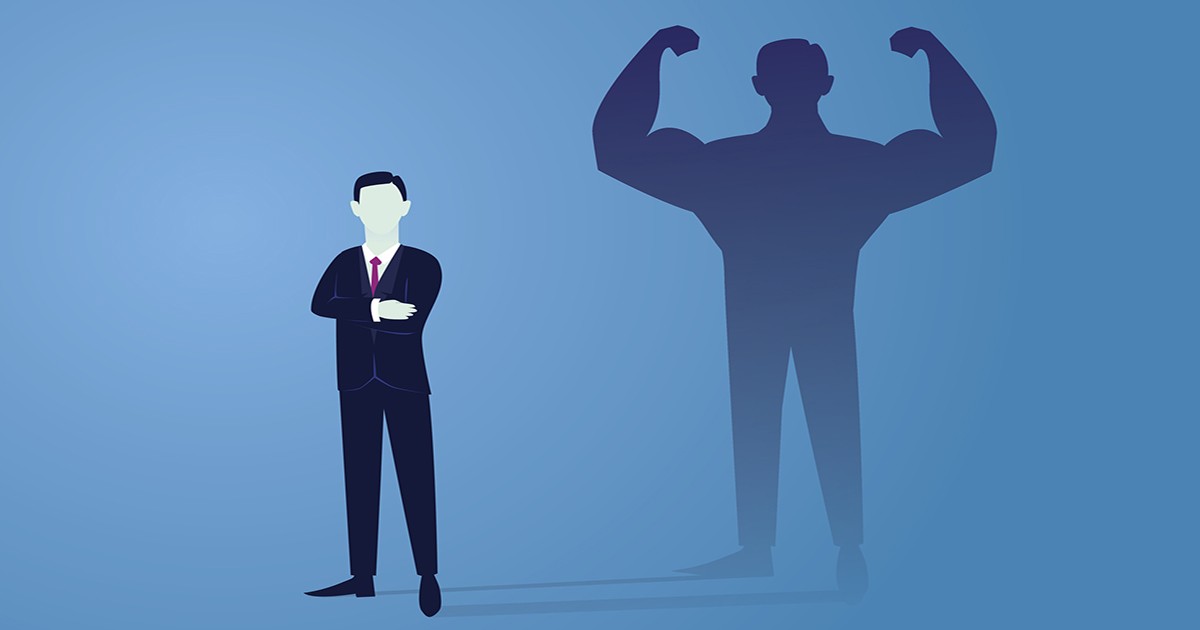
Vector illustration. Business power concept. Businessman standing in front of his own muscular shadow showing his inner strength. Self confidence. Future goal. Self development
At times, people who have recovered from addiction have notions that they can’t go back to drugs or alcohol. Others forget the struggles they had with addition so quickly. It’s okay to have confidence, but anyone can be addicted, and it takes minutes to make a wrong decision. Even if you are cured, avoid people and places that may remind you of your past habits.
Quitting Treatment
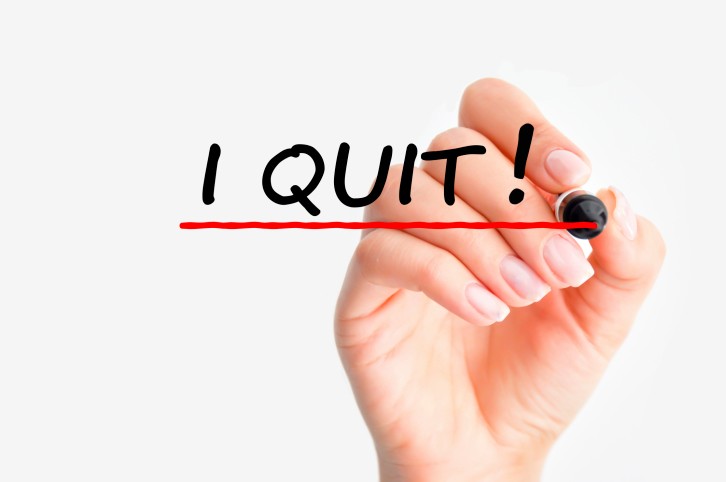
Quit my job decision
Sticking with treatment therapy is the key to avoiding relapse at the early stages of recovery. Avoid giving up on treatment since you will go back to addiction. If it’s not working for you, find one that is suitable.
Poor Self-care
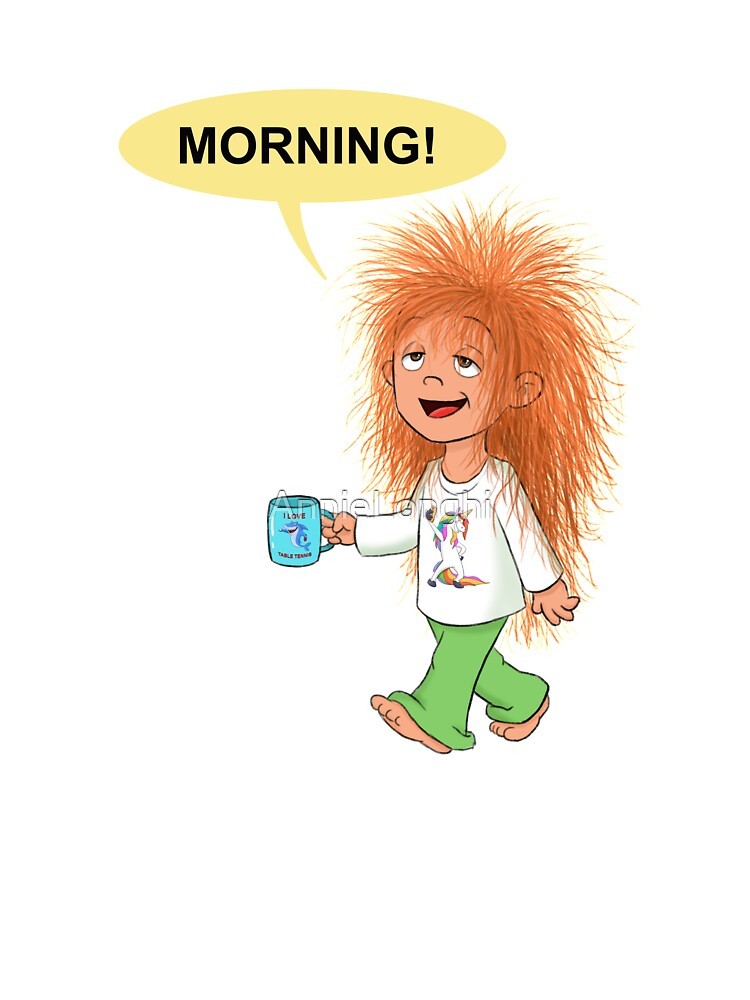
Good personal hygiene and self-care are essential during recovery. It helps in raising self-esteem and a good relationship with your family and friends. Poor self-care leads to self-hate, which may lead to relapse. It’s essential to eat a balanced meal, exercise, and good grooming to maintain sobriety.
Peer Pressure

In most cases, taking drugs and substances is linked to peer pressure. Most addicts spend time in the company of fellow drunkards or drug users. So, if you get back with your drinking buddies while recovering, that company will trigger a relapse. Instead, engage in a healthy relationship with friends who maintain sobriety when you are around. Also, avoid events and social gatherings such as birthdays where there is a likelihood of taking drugs and alcohol.
Learn to recognize triggers and avoid them. It may be challenging, but through counseling, treatment, and a support network, you’ll overcome addiction. Love yourself, and if you slip, do not dwell there forever.
